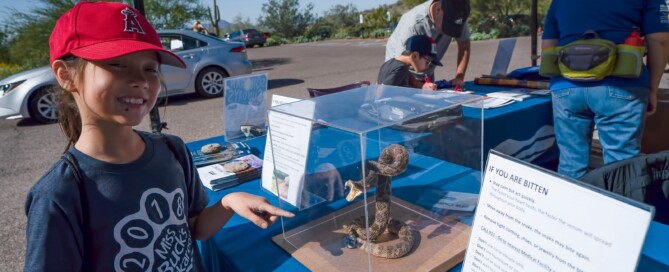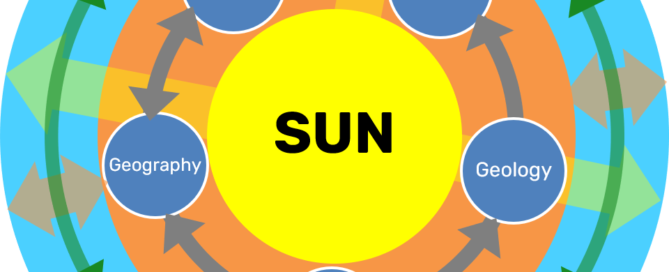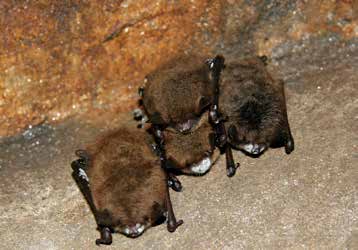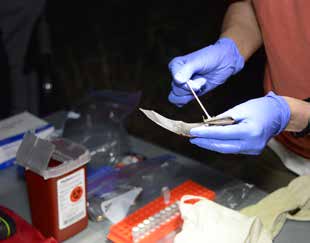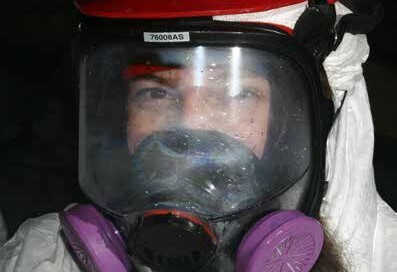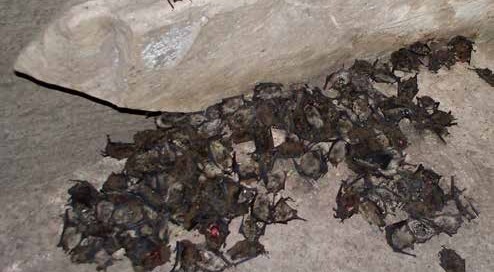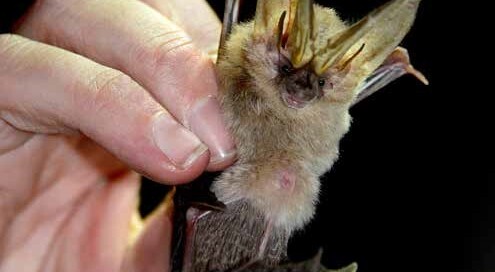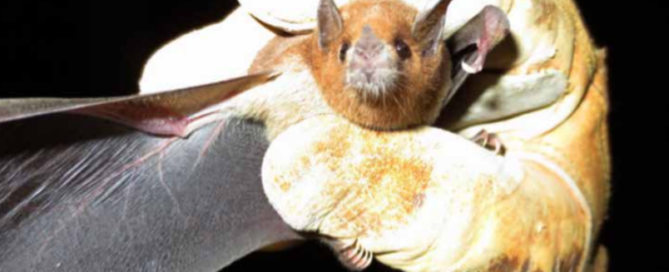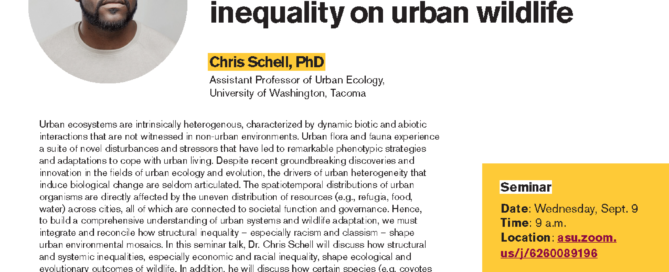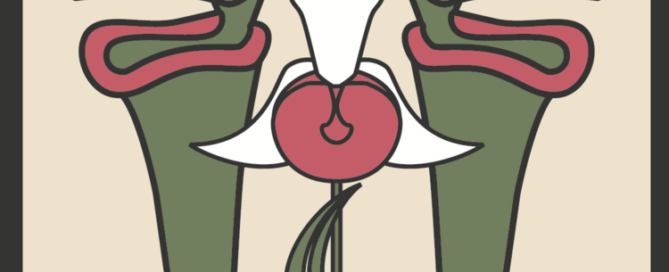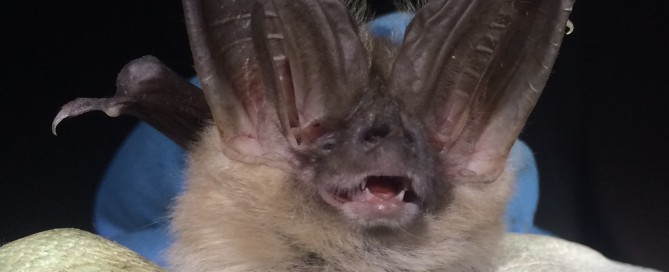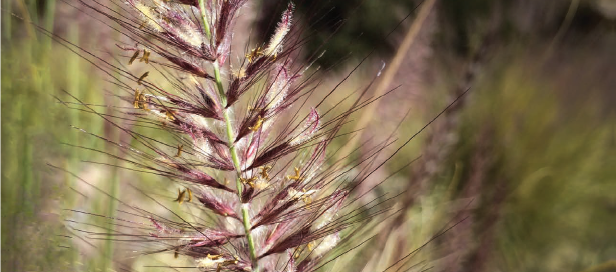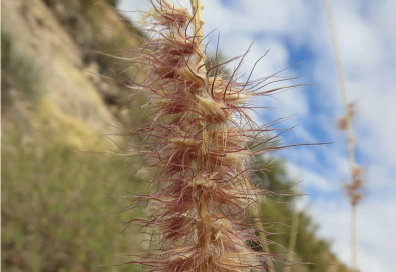Online learning using STEAM from McDowell Sonoran Conservancy for all ages.
2020 brings change and innovation to Conservancy education efforts
By Nicole Kallman, Education Manager2020 has certainly been a year of change and innovation. The pandemic beginning in March put our teachers and students in an unprecedented and challenging situation, working to navigate virtual classrooms amidst the social and economic impact of COVID-19. Despite these challenges, teachers rose to the occasion, working closely with parents


